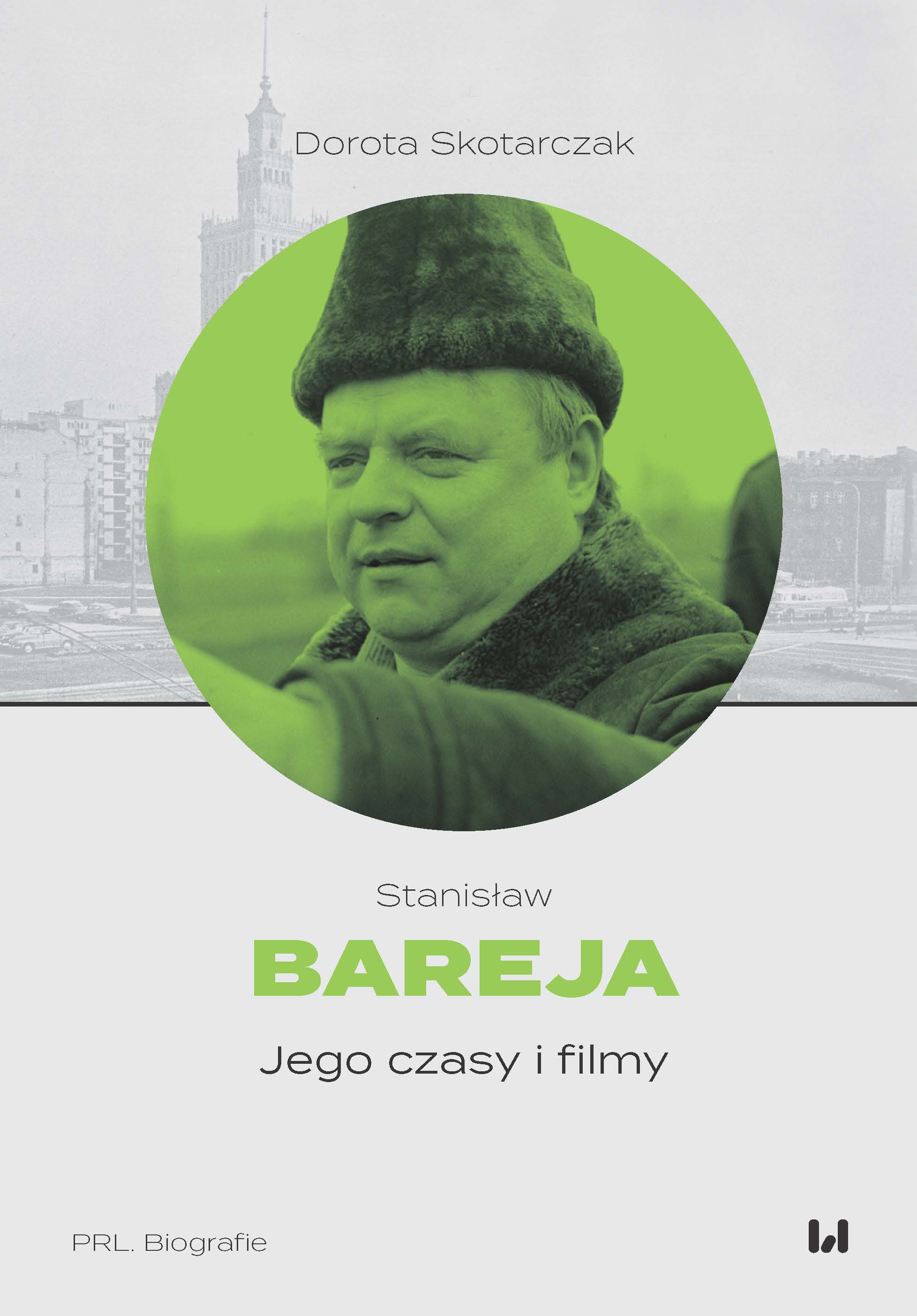Stanisław Bareja. Jego czasy i filmy. Wydanie II
Stanisław Bareja. His times and films. Second edition
Author(s): Dorota Skotarczak
Subject(s): History, Fine Arts / Performing Arts, Recent History (1900 till today), Film / Cinema / Cinematography
Published by: Wydawnictwo Uniwersytetu Łódzkiego
Keywords: Bareja; Polish People Republic; Film
Summary/Abstract: Stanisław Bareja (1929-1987) was a Polish film director born in Warsaw. After the war, the family moved to Jelenia Góra. Staszek had great intellectual passions from the beginning and after graduating from high school he decided to continue his education at the film school in Łódź. In 1960 he made his debut with the comedy “The Man of His Wife. ” The 1960s were successful with the comedies “Wife for an Australian” and “Marriage with Reason. ” His films, in which popular actors appeared, moved to cinemas and attracted increasing criticism from the press and parts of the film world. In the late 1960s, Kasimir Kutz, an old friend of Barei’s, used the term “ba reizm” for artistic mediocrity. This helped to block further projects of the director for four years. Bareja returned in 1972 with the movie “Wanted Wanted. ” A new, more mature period of his work began. His comedies will now consistently brand the absurdities and humiliations of life under real socialism. That’s why there’s always trouble with censorship and crowded public halls. In the 1970s, criticism of Bareia remained ambivalent. On the one hand, he was still under condemnation, but on the other hand, there were positive voices on “What are you gonna do with me when you catch me” and “Bär” that put his films in a circle of moral discomfort. Since the late 1970s, Bareja had been a member of the Democratic Opposition, and his house had an illegal print shop. In the 1980s he produced two series “Alternative 4” and “Changer. ” The fight against censorship affected the health of the director, who died in the Federal Republic of Germany in 1987. Bareja’s wife didn’t have time to reach the dying man. The power of that time prevented them from doing so. Bareja left two children: the daughter Kasia and the son Janek. Today, the director’s work belongs to the permanent work of Polish film art.
Series: Uniwersytet Łódzki
- E-ISBN-13: 978-83-8331-129-6
- Print-ISBN-13: 978-83-8331-128-9
- Page Count: 303
- Publication Year: 2023
- Language: Polish
- eBook-PDF
- Table of Content
- Sample-PDF

